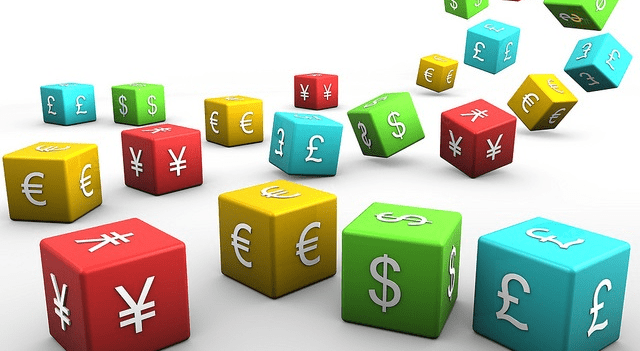The U.S. dollar gained ground on Monday as the euro slipped, following the announcement of a trade deal between the United States and the European Union just ahead of this week’s Federal Reserve meeting.
By 04:25 ET (08:25 GMT), the Dollar Index, which tracks the greenback against six other major currencies, was up 0.4% at 97.815. Despite the rise, the index was on track for a weekly loss of about 1%, its weakest weekly showing in a month.
Trade deal boosts the dollar; Fed decision in focus
U.S. President Donald Trump and European Commission President Ursula von der Leyen revealed the trade agreement over the weekend in Scotland. The deal sets a 15% tariff on imports of EU goods to the U.S., down from the initially threatened 30% tariff planned for early August.
Trump also announced that the EU will invest approximately $600 billion in the U.S. economy and increase its purchase of American energy products and military equipment significantly.
This deal echoes a recent pact with Japan, where Tokyo pledged to invest $550 billion in the U.S. and accepted a 15% tariff on its cars and other goods.
As fears over the damaging effects of steep tariffs ease, market attention is now turning to critical economic releases and central bank decisions, particularly the Federal Reserve’s upcoming policy meeting.
“The U.S. macro data includes jobs data (JOLTS Tuesday, NFP Friday), a likely bounce back in second quarter GDP on Wednesday and stickier inflation on Thursday (June core PCE), which should tick back up to 0.3% month-on-month,” ING analysts wrote in a note.
“This should leave the majority of the Federal Reserve comfortable in their patient position on interest rates (FOMC meeting on Wednesday) and see a further pricing out of the prospects of a September Fed rate cut.”
Euro weakens further
In Europe, the euro dropped 0.5% against the dollar to 1.1688, retreating from the near four-year high reached earlier this month following the trade deal news.
“With a speculative market already reasonably long euros and a 2% per annum cost of carry against the dollar to deal with, we do not see the case for EUR/USD to immediately push through the highs at 1.1830,” ING analysts said.
“Instead, we have a bias for EUR/USD drifting below 1.1700 and perhaps all the way to 1.1600 if the Fed continues to resist pressure to cut rates this Wednesday.”
Following last week’s decision by the European Central Bank to keep rates steady, market focus shifts to second-quarter GDP data due Wednesday and July’s flash inflation reading on Friday, which will influence expectations of a potential rate cut in September.
Meanwhile, GBP/USD fell 0.2% to 1.3409 amid ongoing economic challenges in the U.K. and government plans for higher taxes this autumn to support public finances.
“We favor a retest of decent support at 1.3370, below which losses can accelerate – perhaps all the way to 1.3150 if the US data/FOMC event risk this week is dollar positive enough,” ING stated.
Yen edges lower ahead of BOJ policy decision
Elsewhere, USD/JPY rose 0.4% to 148.25 as the Bank of Japan is expected to maintain its current interest rates during Thursday’s meeting amid global trade clarity and domestic political uncertainty.
The U.S.-Japan trade agreement signed last week could give policymakers some room to consider a rate increase later this year, analysts say.
However, political uncertainty remains high following the ruling coalition’s defeat in last week’s upper house elections and speculation about Prime Minister Shigeru Ishiba’s potential resignation.
The Australian dollar slid 0.7% to 0.6521, relinquishing some of last week’s strong gains, while the Chinese yuan rose 0.1% to 7.1738 against the dollar.
This content is for informational purposes only and does not constitute financial, investment, or other professional advice. It should not be considered a recommendation to buy or sell any securities or financial instruments. All investments involve risk, including the potential loss of principal. Past performance is not indicative of future results. You should conduct your own research and consult with a qualified financial advisor before making any investment decisions.
